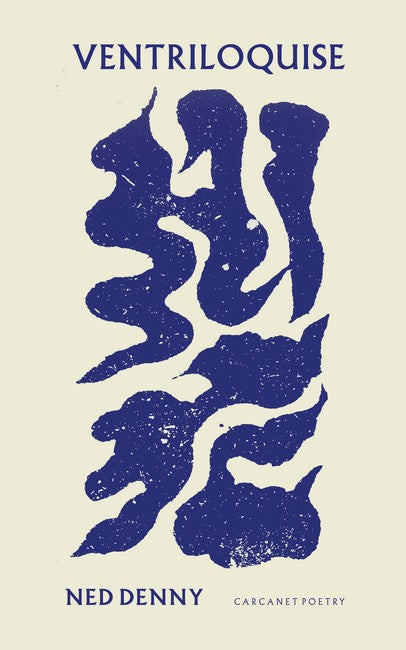Ned Dennys startling new collection recalls what Heidegger says – in his essay on Hölderlin – about the poet, of all mortals, reaching most deeply into the abyss. In what does this abyss, the "worlds night," consist? In the fact that the gods have departed, and in the rootless, heaven-proof and now worldwide technocracy forged in their absence. Yet the poet is also the one who sees, in that night, the lost gods traces, and there are glimpses here "through a veil of names" of natures saving radiance, of the indestructible delicacy of Claudes last landscape, of a "wild grin of insect glee" just beyond the confines of sleep. As Dennys adept voice throws itself into and through other texts, forms, places, things and times – including works by Heine, classical Chinese poets, Pindar, Ronsard, Hölderlin, Mallarmé, Victor Hugo and Lorca – it becomes clear that the fathoming of our iron age is inseparable from the coming dawn.

